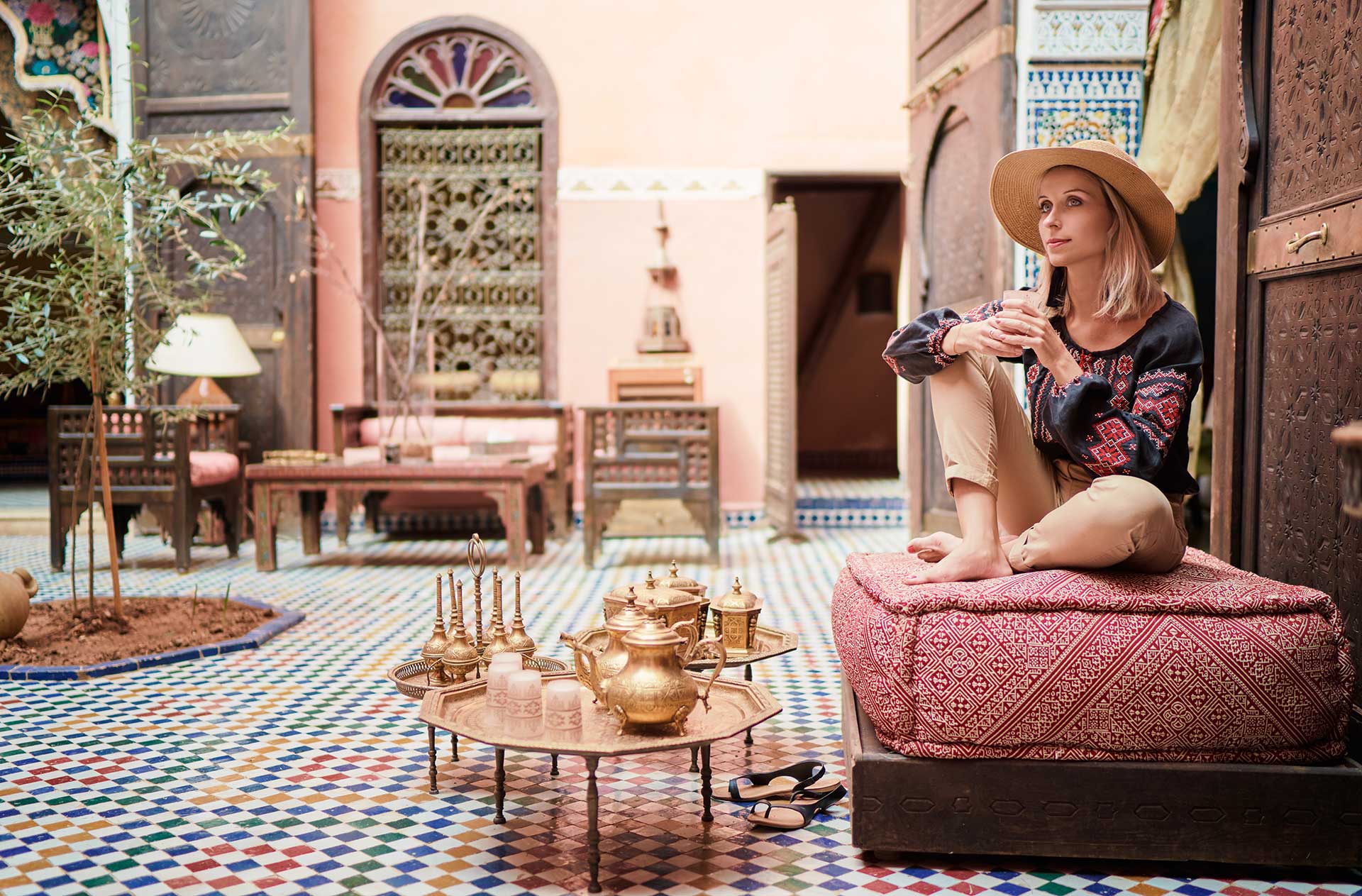Culture Tourism Hotels: Discovering the Past and Staying
Cultural tourism is defined as a type of tourism where travelers embark on journeys to explore cultural values such as history, art, architecture, and traditions. This form of tourism focuses on places with rich historical and cultural heritage, offering travelers a deep and immersive experience. In this context, cultural tourism hotels enable guests to explore the past and immerse themselves in cultural experiences. In this blog post, we will provide an in-depth examination of the importance of cultural tourism hotels, various examples, and the accommodation experience they offer.
The Importance of Cultural Tourism Hotels
Cultural tourism hotels play a significant role in providing travelers with an in-depth look into local history and culture. These hotels are often located in historical buildings or traditional architectural styles, typically found in preserved areas. Guests staying at these hotels can explore nearby historical and cultural sites and participate in local traditions. Additionally, these hotels may showcase local artists' works, host handicraft workshops, and offer traditional cuisine, allowing guests to gain a deeper understanding of the local culture.
Accommodation Experience
The accommodation experience at cultural tourism hotels often differs from modern hotels. These hotels may offer rooms adorned with traditional decorations and furniture, with some located in historical buildings. Guests have the opportunity to stay in an authentic and unique environment, allowing them to embark on a journey into the past. Furthermore, some cultural tourism hotels organize traditional events and activities for guests to experience local culture firsthand. Guests staying at these hotels have the opportunity to interact with the local community and delve deeper into local traditions.
Local Engagement and Sustainability
Cultural tourism hotels also play a role in promoting local engagement and sustainability. By incorporating local materials, traditions, and practices into their operations, these hotels support local artisans, businesses, and communities. Additionally, many cultural tourism hotels implement eco-friendly practices to minimize their environmental impact and contribute to sustainable tourism practices. Guests staying at these hotels have the opportunity to support local economies and contribute to the preservation of cultural heritage and natural resources.
Cultural Hotels Examples Around The World
Riad Hotels in Morocco
Riads are traditional Moroccan houses or palaces with interior courtyards or gardens. Many of these historic buildings have been converted into boutique hotels, offering guests an authentic Moroccan experience. With intricate tilework, ornate furnishings, and tranquil inner courtyards, staying in a riad hotel provides a glimpse into Morocco's rich cultural heritage.
Havelis in India
Havelis are traditional mansions or townhouses found in India, particularly in the regions of Rajasthan and Punjab. Many of these grand residences have been transformed into heritage hotels, preserving their architectural splendor while offering guests a luxurious stay. With elaborate frescoes, intricate carvings, and opulent interiors, haveli hotels provide a royal experience steeped in Indian history and culture.
Paradores in Spain
Paradores are a network of state-run hotels located in historic buildings such as castles, monasteries, and palaces across Spain. These unique accommodations offer guests the opportunity to stay in centuries-old structures while enjoying modern amenities and services. From medieval castles perched atop rugged cliffs to Moorish fortresses in bustling cities, paradores provide a fascinating glimpse into Spain's diverse cultural heritage.
Hanok Stay in South Korea
Hanoks are traditional Korean houses characterized by their wooden architecture, tiled roofs, and heated floors known as ondol. In South Korea, many hanoks have been converted into guesthouses or boutique hotels, allowing visitors to experience traditional Korean living. With minimalist design, tranquil gardens, and warm hospitality, hanok stays offer guests a serene retreat immersed in Korean culture.
Pousadas in Portugal
Pousadas are a collection of historic hotels located in former castles, monasteries, and convents throughout Portugal. These unique accommodations offer guests a glimpse into Portugal's rich history and architectural heritage. Whether nestled within medieval city walls or perched on scenic hilltops, pousadas provide a charming blend of old-world charm and modern comfort.
Château Hotels in France
Châteaux are historic castles or manor houses found throughout France, many of which have been converted into luxury hotels. These elegant properties offer guests the chance to experience the grandeur and romance of French château living. With lavish interiors, sprawling gardens, and gourmet cuisine, staying in a château hotel is a quintessentially French experience.
Boutique Cave Hotels in Cappadocia, Turkey
Cappadocia is famous for its unique landscape of fairy chimneys and rock formations, where ancient cave dwellings have been transformed into boutique hotels. Carved into the soft volcanic rock, these cave hotels offer guests a truly one-of-a-kind experience. With cozy interiors, panoramic views, and cave-inspired architecture, staying in a boutique cave hotel in Cappadocia is like stepping back in time to an ancient civilization.
In conclusion, cultural tourism hotels offer travelers a unique opportunity to explore historical and cultural values. These hotels preserve historical and cultural heritage while providing guests with a unique and unforgettable accommodation experience. For travelers seeking to explore the past and experience local culture, cultural tourism hotels are an excellent choice.

